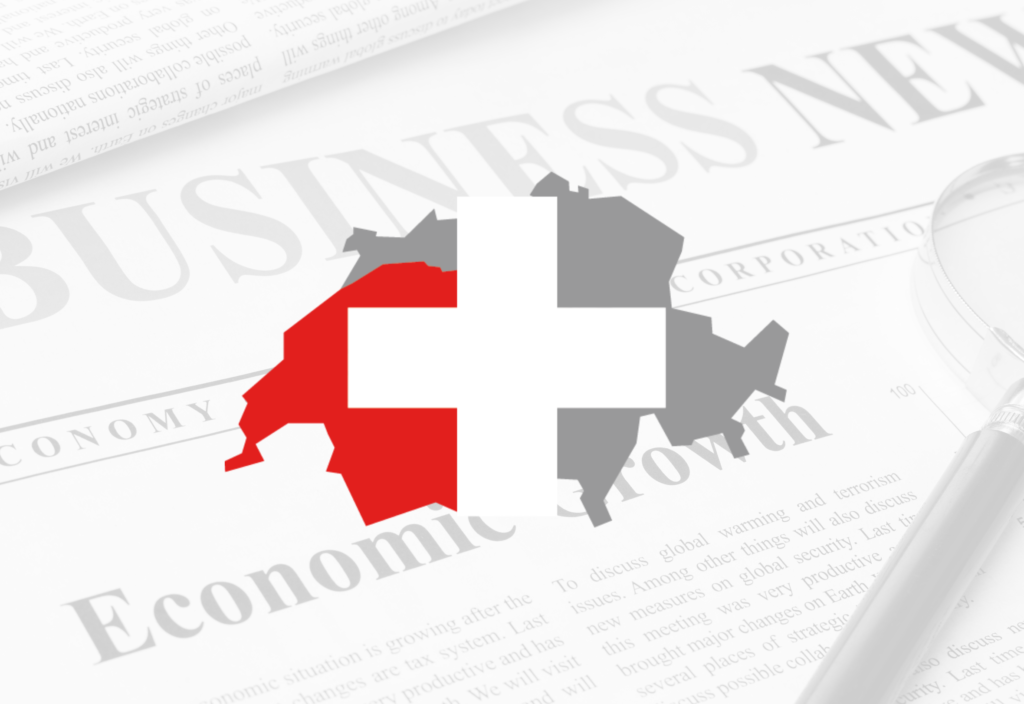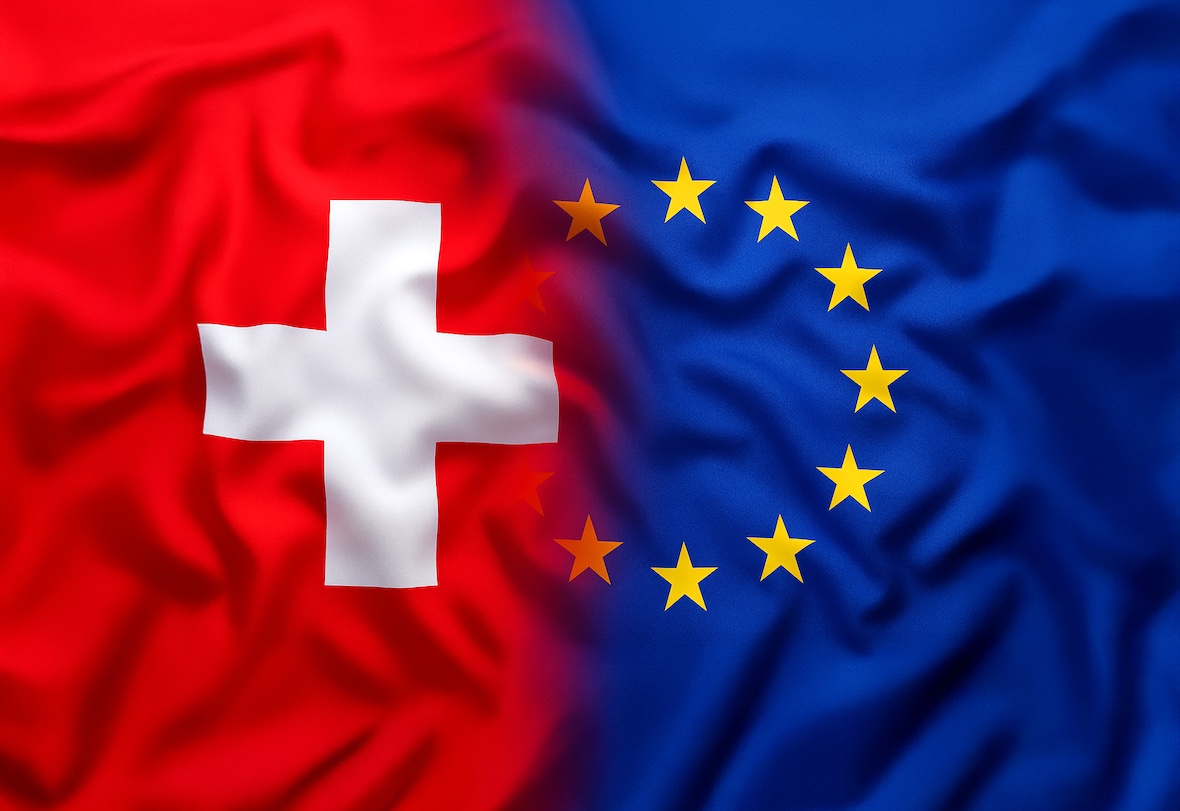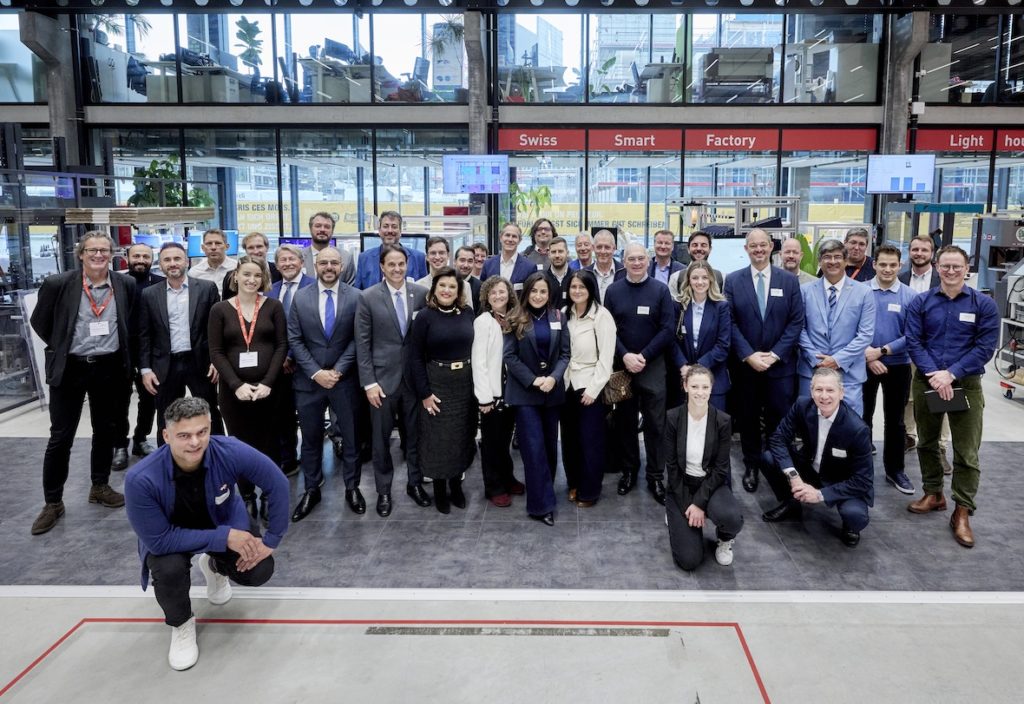
Switzerland re-associates to Horizon Europe, Euratom and Digital Europe
11 November 2025

Switzerland is fully re-associated to Horizon Europe, Euratom and Digital Europe, restoring EU funding and leadership roles.
Switzerland has formally signed the EU Programs Agreement (EUPA), enabling full association to Horizon Europe, Euratom and Digital Europe with retroactive effect to 1 January 2025. The accord was signed in Bern on 10 November 2025 by Federal Councillor Guy Parmelin and EU Commissioner Ekaterina Zaharieva. It provisionally applies immediately and reinstates Switzerland’s ability to apply for, receive and coordinate EU-funded projects under the EU’s flagship research and innovation frameworks.
Beyond these three programs, the agreement opens a pathway for Switzerland to participate in ITER (from 2026) and Erasmus+ (from 2027, subject to parliamentary financing), while participation in EU4Health is linked to the entry into force of the bilateral health agreement.
What changes for Swiss applicants
- Full eligibility restored: Swiss universities, research institutes, start-ups, SMEs and corporates regain direct eligibility for EU grants, including the ability to lead and coordinate consortia.
- EU-funded costs: Project costs of Swiss beneficiaries are again paid by the European Commission, replacing the temporary national funding schemes used during non-association.
- Program governance: Switzerland re-enters the committees that shape the European Research Area (ERA) and the work programs of the associated EU schemes.
- Financial contribution: In return, Switzerland resumes its mandatory contribution to the EU for associated programs.
What remains important
- ITER (fusion research): Swiss participation foreseen from 2026.
- Erasmus+ (education & mobility): Swiss participation from 2027, contingent on parliamentary approval of the corresponding budget within the broader Switzerland-EU package.
- EU4Health: Participation depends on the health agreement entering into force.
Transition from 2021–2024 arrangements
From 2021 until this re-association, Swiss entities participated as “associated partners” in most Horizon Europe calls, with their costs covered by SERI via direct federal funding and complemented by SNSF/Innosuisse transitional measures. With the EUPA in force, those transitional mechanisms are replaced by standard EU funding and governance, simplifying administration and restoring equal footing with EU/associated country participants.
Why this matters for Western Switzerland’s ecosystem
The re-association immediately strengthens the position of Western Switzerland’s universities, labs, scale-ups and industrial R&D centers by:
- Restoring coordination roles: Institutions can once again lead large multi-country consortia in areas core to the region’s strengths: advanced manufacturing, micro-/nanotechnologies, AI, medtech/biotech, energy, photonics and quantum.
- Widening access to instruments: Companies and research teams regain access to the full suite of Horizon Europe instruments, including collaborative RIA/IA actions, EIC Pathfinder/Transition/Accelerator (subject to each instrument’s association rules), Marie Skłodowska-Curie actions, and research infrastructures.
- Reducing administrative friction: A return to single-source EU funding improves cashflow predictability and reduces dual reporting obligations that applied under the transitional model.
- Deepening talent mobility: Re-integration supports researcher exchanges and secondments, while the future Erasmus+ pathway (from 2027) would further bolster student and staff mobility.
Practical implications for ongoing and upcoming calls
- Retroactivity to 1 January 2025 means that projects awarded under 2025 calls can, upon alignment of grant documentation, fund Swiss beneficiaries directly via the EC rather than national replacement schemes.
- Consortia preparing submissions for 2025–2027 work programs can include Swiss coordinators or beneficiaries without special funding workarounds.
- Applicants should monitor updated call texts, FAQs and model grant agreements as the Commission and Swiss authorities operationalize the re-association across work programs.
A broader strategic signal
At the signing, both sides underscored that full association reinforces Europe’s joint capacity in science, technology and innovation amidst intensifying global competition. For Switzerland, it re-anchors long-standing scientific ties and offers a predictable framework to collaborate on strategic priorities, from climate and health to digital transformation and industrial resilience.
As Switzerland re-enters Horizon Europe, Euratom and Digital Europe, and prepares the ground for ITER, Erasmus+ and EU4Health, the outlook for cross-border collaboration, talent attraction and technology transfer is markedly improved. This renewed alignment positions Swiss-based researchers and innovators, public and private alike, to compete, coordinate and contribute at the heart of Europe’s largest R&I ecosystem once again.

